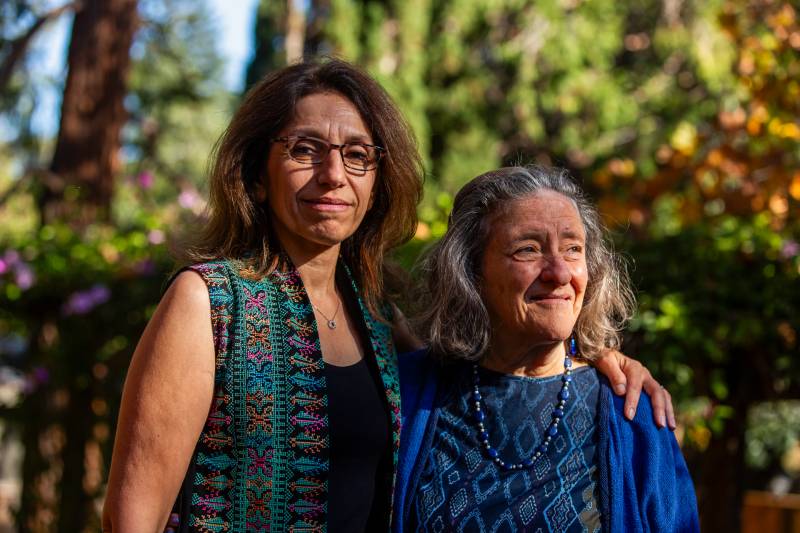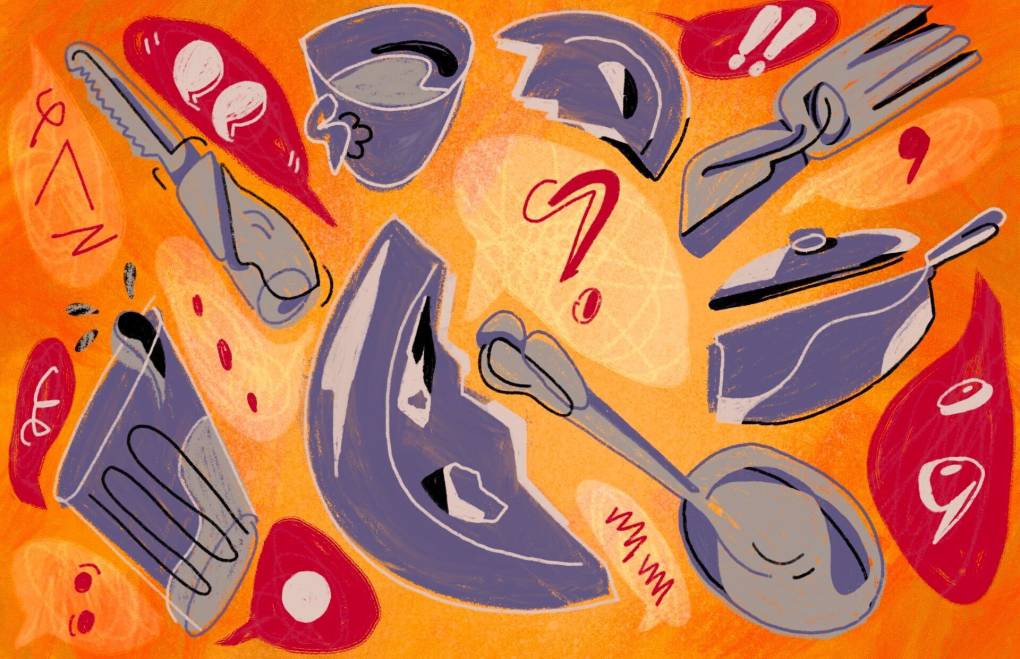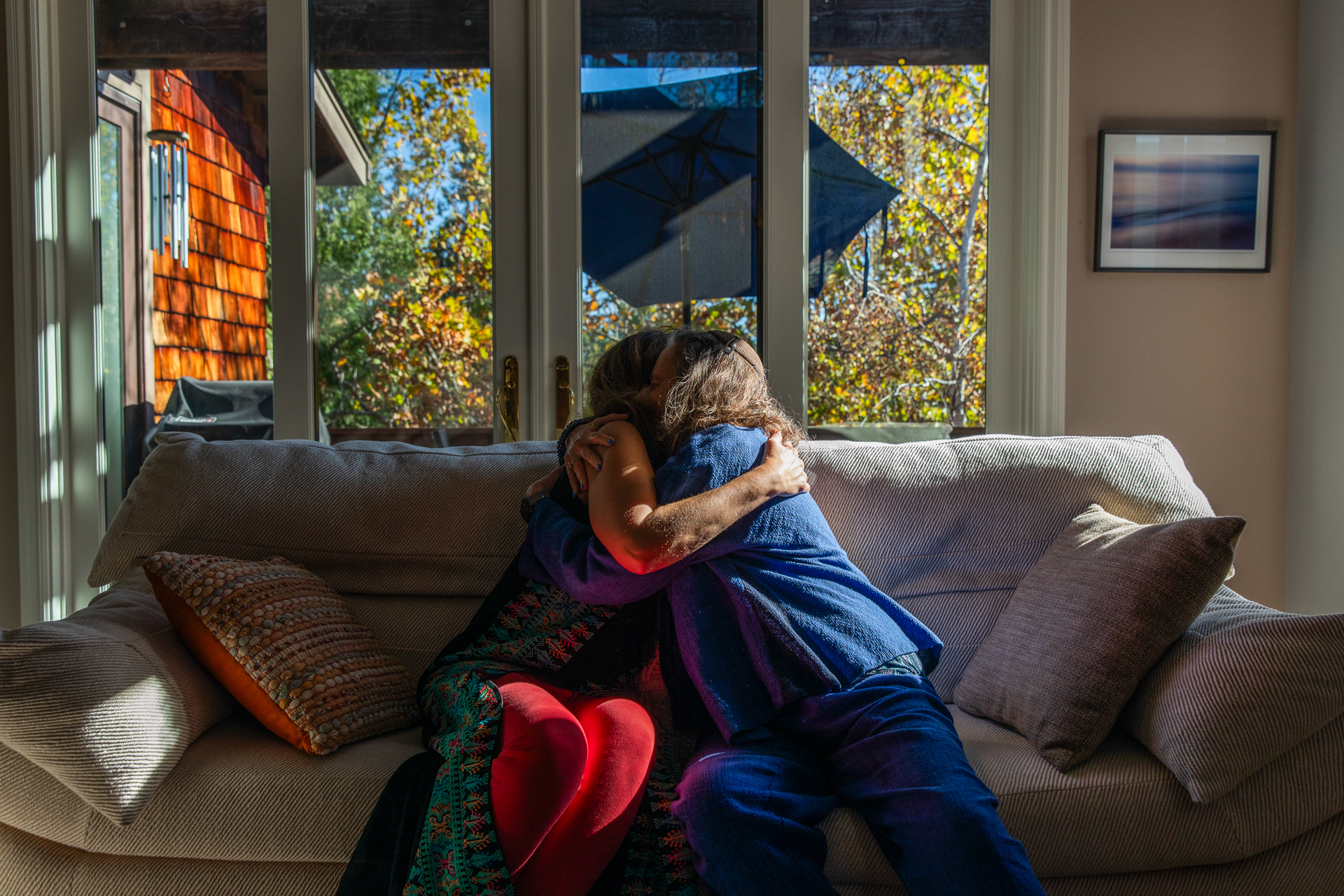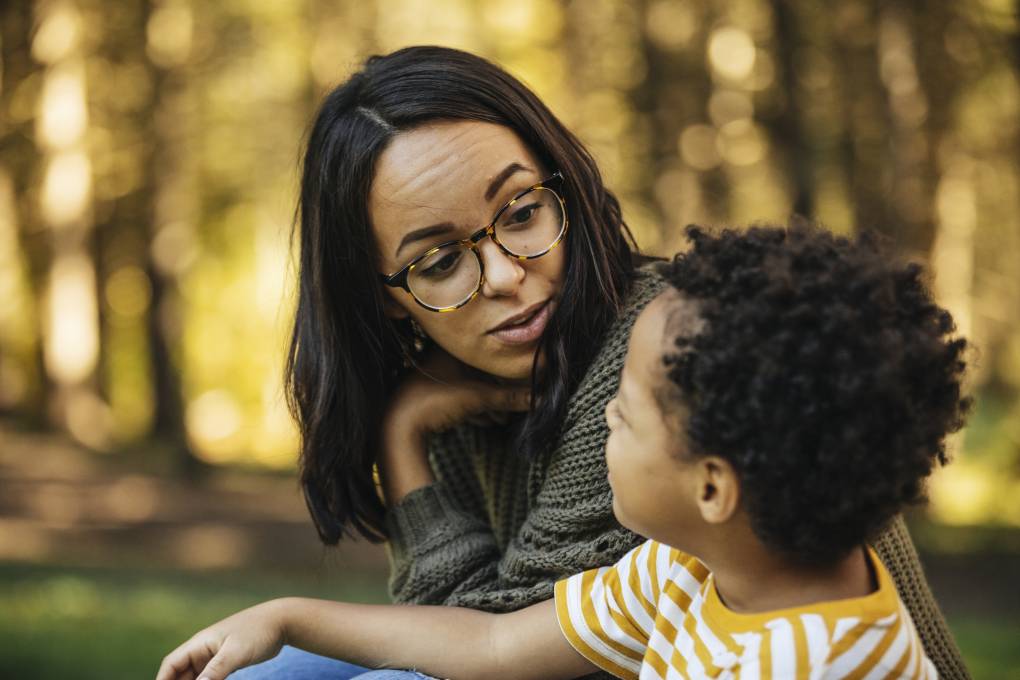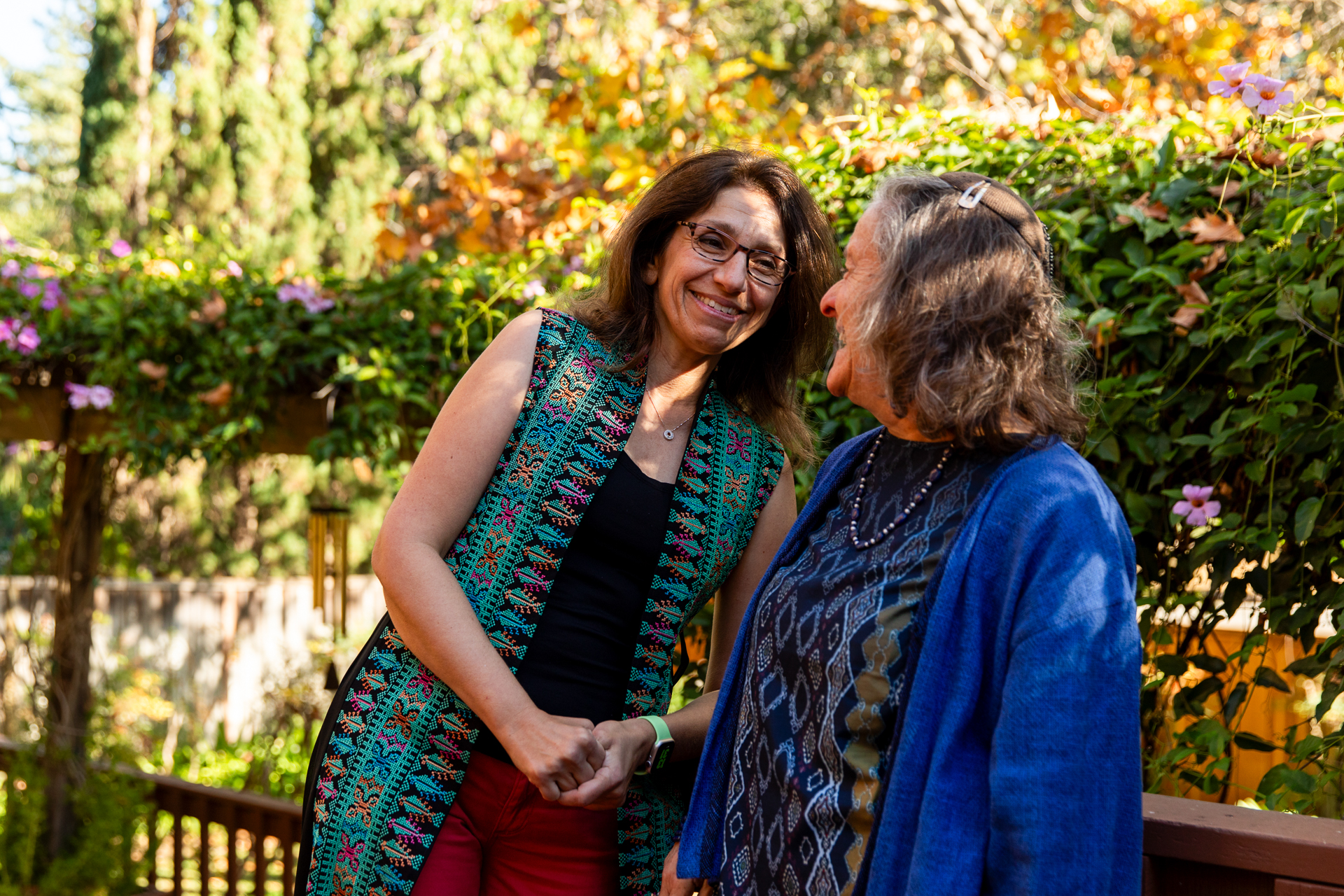Several years ago, when pediatrician Dr. Lama Rimawi first joined the Palo Alto chapter of the Sisters of Salaam Shalom, a Jewish-Muslim interfaith organization, she was stunned.
“I was given a list of the covenants of the group, and one of them was to not talk about Israel or Palestine. I remember laughing and saying, ‘Well, that’s very difficult to do because I’m Palestinian,’” she recalled.
The interfaith organization’s current recommendation is that members “Avoid dialogue about the Israeli-Palestinian conflict until trust and respect has been established.” But this guidance still frustrated Rabbi Amy Eilberg, a fellow member of the Palo Alto chapter.
Over 20 years, Eilberg has been involved in Israeli-Palestinian peace dialogue efforts — the kind of work that has become heightened among interfaith groups following the Oct. 7 attack by Hamas on Israel that killed at least 1,200 people, according to the Israeli government, and Israel’s subsequent attacks on Gaza that have killed more than 11,000 people, according to the Health Ministry in Gaza. (Read more about the decades-long background from NPR in their ‘Middle East crisis — explained’ series.)
